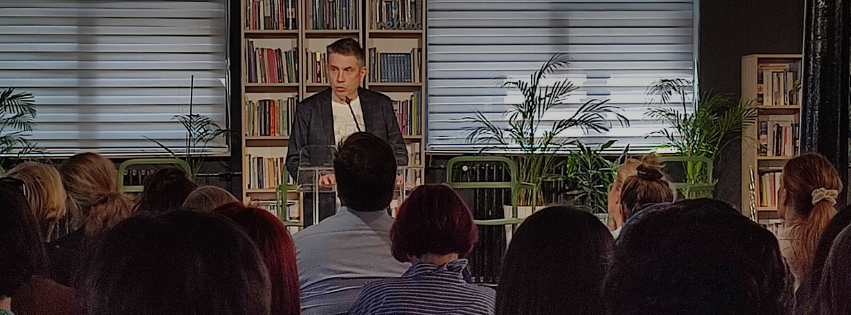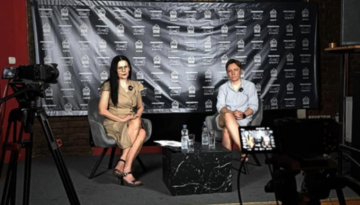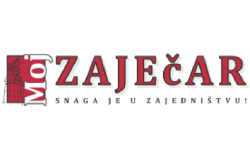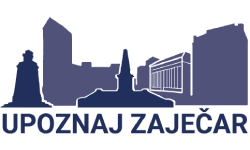Conference "Who Needs Civic Education" Held in Belgrade
Organized by the "Zaječar Initiative," the final conference "Who Needs Civic Education" was held on April 4, 2024, at the Miljenko Dereta venue in Belgrade as part of the project "Democracy Needs Democrats." The opening remarks were delivered by Ms. Eline Christoffersen Vage, Second Secretary at the Embassy of the Kingdom of Norway in Belgrade, and Danko Nikolić, Executive Director of the Zaječar Initiative. The conference presented the main findings of the "Analysis of Civic Education Effects and Proposal of Measures for Improvement," which is the result of discussions with high school teachers and students held in Niš, Kragujevac, Belgrade, Užice, and Novi Sad. These discussions are part of the "Democracy Needs Democrats" project, which the Zaječar Initiative has conducted over recent months to address the growing civic apathy and radicalism among youth, especially students aged 12 to 19.
In the panel discussion "Steps Toward Better Civic Education," speakers included Tanja Azanjac, Education Program Consultant at UNICEF; Eleonora Vlahović, Civic Education Advisor at the Institute for the Advancement of Education; Lovorka Bačić, representative of the GOOD Initiative from the Republic of Croatia; and Nermin Nišić, Director of the International Foundation for Electoral Systems (IFES) for Serbia and Bosnia and Herzegovina. In the panel discussion "How Civic Education Shapes Youth Attitudes," participants included Miljana Pejić, General Secretary of the National Youth Council of Serbia; Boban Stojanović, political scientist; and Nikola Jović, political scientist and representative of the project "Popular Democracy." Elmedin Kurtović, a consultant on the project, presented measures to improve civic education in Serbia, developed as a result of the project.
High school-aged youth lack trust in institutions, are uninterested in social events, and do not believe they can influence political processes and decisions. Civic education, a subject through which students could think about and discuss current events, is not compulsory, there are not enough teachers, and they are not sufficiently trained. According to this Analysis, Serbia, along with Bulgaria and Malta, is at the bottom of Europe in terms of the overall level of civic education among its population. This data is part of a study conducted in 2022 by the International Association for the Evaluation of Educational Achievement, covering 22 countries.
According to the analysis, civic education teachers in Serbia have had the least amount of training in areas such as elections and candidacy, international organizations, migration, constitutions and political systems, critical and independent thinking, poverty, social justice, and international conflicts. Student responses also indicate a lack of knowledge in similar areas: elections and candidacy, law enforcement, solving problems in local communities, human rights protection, verification of online content, and misinformation. In all these areas, students from Serbia are either below average or at the bottom of the ranking compared to other countries included in the study.
Civic and religious education are elective subjects, and in Serbia, students predominantly choose religious education. Data from the Ministry of Education, Science, and Technological Development from 2023 shows that 448,925 students attend religious education, while 300,274 attend civic education. Conference participants assessed that a connection between institutions, the civil sector, and schools is necessary for the effective implementation of civic education programs. Without civic education, schools lose an essential part of their mission, as discussions on values and democracy are highly important. It was announced that an informal group of all interested in civic education would be formed to advocate for the measures proposed as part of the "Democracy Needs Democrats" project.
The "Democracy Needs Democrats" project is supported by the regional SMART Balkan project – Civil Society for a Connected Western Balkans, implemented by the Center for Civil Society Promotion (CPCD), Center for Research and Policy Making (CRPM), and Institute for Democracy and Mediation (IDM), and financially supported by the Ministry of Foreign Affairs of the Kingdom of Norway.










